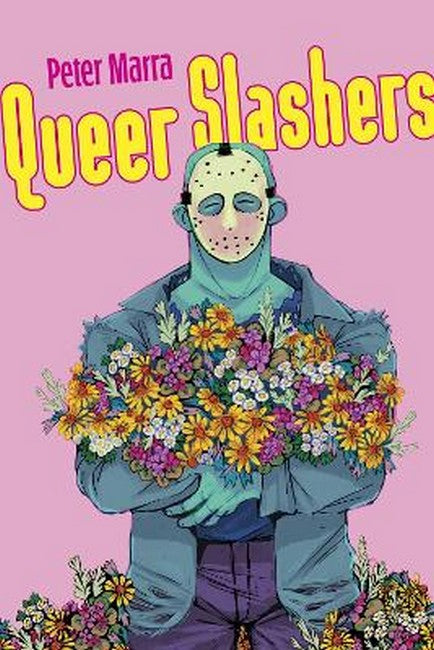Peter Marra is Assistant Professor of Teaching in English and Gender, Sexuality, and Women's Studies at Wayne State University.
Request Academic Copy
Please copy the ISBN for submitting review copy form
Description
Introduction 1. What Is Queer About the Slasher? 2. Whatever Happened to Christmas? 3. The Sun Will Come Out Tomorrow, or Will It? 4. What the Fuck Is Wrong with You? 5. Why Do We Go into the Woods? Conclusion Filmography for Further Consideration Bibliography Index
"This is the first book-long study of how and why the slasher subgenre appeals to queer spectators. From Silent Night, Bloody Night (1972) to Serial Mom (1994) and Stanger by the Lake (2013), Marra weaves history and theory together in elegant ways, deftly arguing that despite the slasher film's predisposition towards homophobia and transphobia, it appeals to queer spectators for the ways in which its killers target characters and institutions that represent heteronormativity. An important contribution to the growing field of queer horror studies, this volume will be of interest to scholars and fans alike."-Harry M. Benshoff, author of Monsters in the Closet: Homosexuality and the Horror Film "In Queer Slashers, Marra thoughtfully blends personal history with critical analysis, drawing on foundational queer theory and LGBTQIA+ history to consider how queer filmmakers are reshaping the slasher film. While previous research has established the slasher subgenre as a longstanding favorite among queer horror fans, this work affirms the queer and radical potential of the slasher as it shifts the focus from slashers made by "straight people" to the works of queer filmmakers who are actively redefining the genre for the queer community. This introspective work also highlights the evolution of horror tropes from queer characters that are relegated to the roles of monstrous killers and disposable victims to a new canon of queer slashers that fosters empathy and community. Queer Slashers deepens the understanding of horror as a vital medium for queer expression, serving as a valuable resource for scholars and horror fans alike."-Heather O. Petrocelli, author of Queer for Fear: Horror Film and the Queer Spectator

